Pune, November 20, 2025: Maharashtra advanced its efforts to establish a unified, statewide Natural Farming Policy through a high-level strategic consultation that brought together policymakers, scientists, progressive farmers, certification bodies, market players, and implementing agencies.
The consultation was jointly convened under the Hon. Balasaheb Thackeray Agribusiness and Rural Transformation (SMART) Project, Maharashtra Institution for Transformation (MITRA), Maharashtra Village Social Transformation Foundation (VSTF), and Palladium Consultancy Pvt. Ltd. The objective was to align policy direction with grassroots realities and market needs as the state prepares to scale natural and residue-free farming across diverse agro-climatic zones.
Setting the context for the day, Suraj Mandhare, Commissioner of Agriculture, Maharashtra, emphasized the need for a holistic, ecosystem-based approach.
“Scaling Natural Farming requires more than intent — it needs structural reform. Maharashtra can lead by enabling tailored agri-finance for NF, assured markets & prices, strong risk-mitigation, and policy validation from Animal Husbandry. Integrating NF in school & university curricula, ensuring seamless certification, converging existing schemes, and creating dedicated NF market zones on the lines of Shabari Corporation (TDD) will be pivotal for real, long-term impact,” he said.
Dr. Parashram Patil, Senior Advisor, MITRA, highlighted core gaps in implementation and certification. He noted that natural farming currently remains underleveraged due to weak evaluation systems, unaddressed supply-chain gaps, and a lack of structured certification mechanisms, adding that building a supportive ecosystem is critical for scalability in Maharashtra.
The policy presentation outlined key pillars for the upcoming framework, including:
- Regenerative natural farming adapted to agro-climatic zones
- Strengthening value chains, traceability, and assured marketing
- Soil, water, and biodiversity-focused interventions
- Robust certification and residue-testing
- Capacity building of FPOs, SHGs, and universities
- Research-backed packages of practices (PoPs)
- Youth participation and technology adoption in NF value chains
- Strong governance, monitoring, and evaluation systems
Cluster-wise planning, with priority to tribal districts, was also recommended, along with the development of natural farming market zones, processing hubs, and logistics support systems.
Presenting the consolidated outcomes of the consultation, Dr. Parashram Patil noted that the initiative aims not just at ecological benefits but also at creating premium market opportunities for farmers. He reiterated the importance of structured certification, institutional coordination, and strategic branding to position Maharashtra as a leader in sustainable agriculture.
Participants collectively agreed on the need to develop a state-wide implementation roadmap focusing on:
- Standardized crop-specific PoPs
- Accessible certification systems for small farmers
- FPO-led aggregation models
- Integration into departmental schemes
- A unified brand identity for “Naturally Grown in Maharashtra”
As Maharashtra faces growing climate challenges, the consultation marks an important step toward developing an ecologically regenerative, market-linked, and farmer-centric natural farming ecosystem for the state.






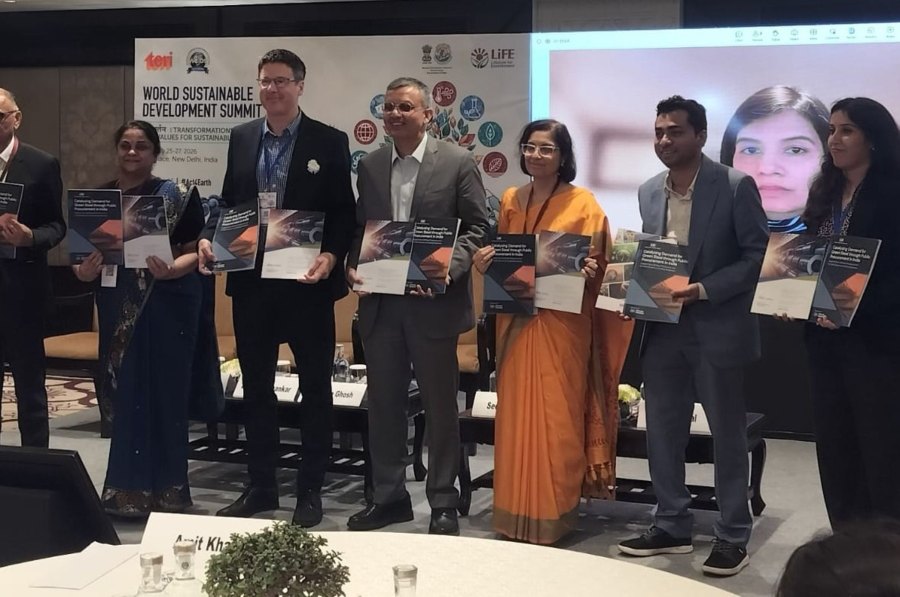
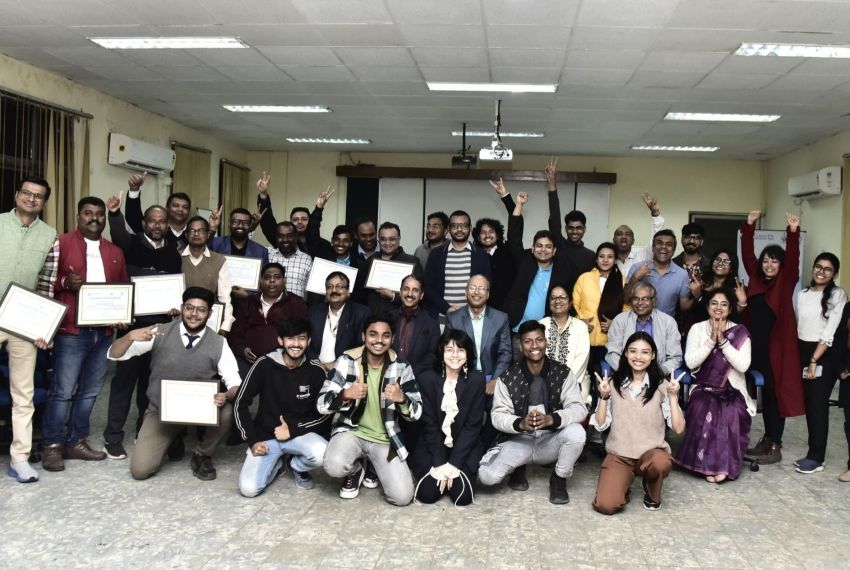
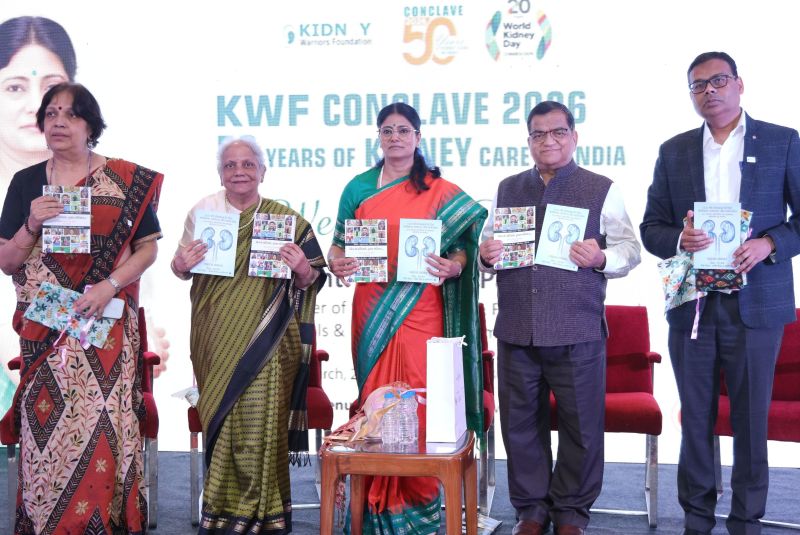
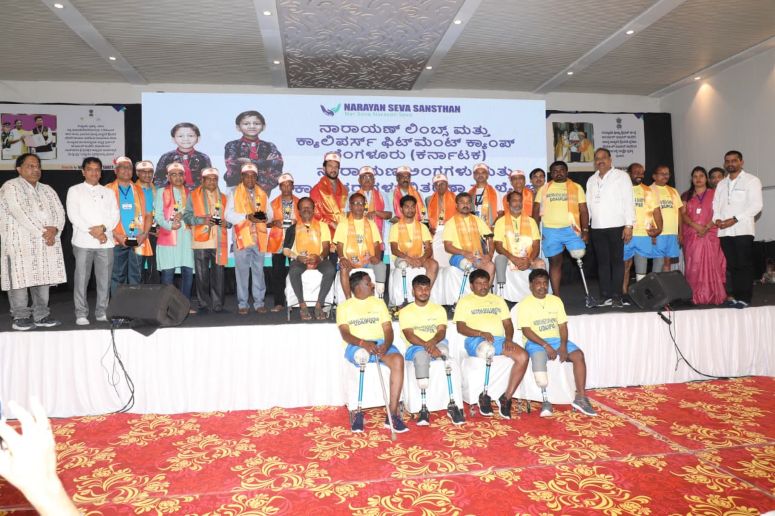
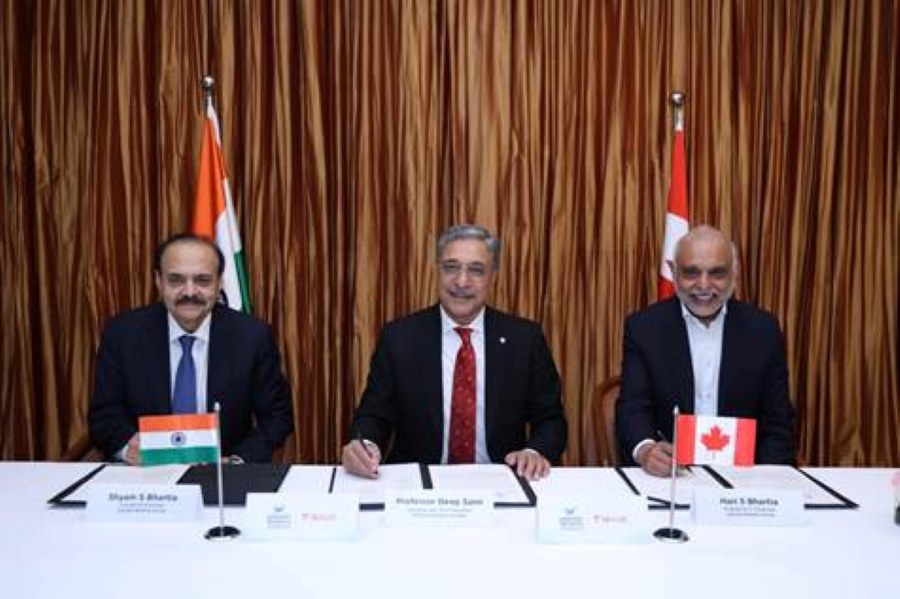
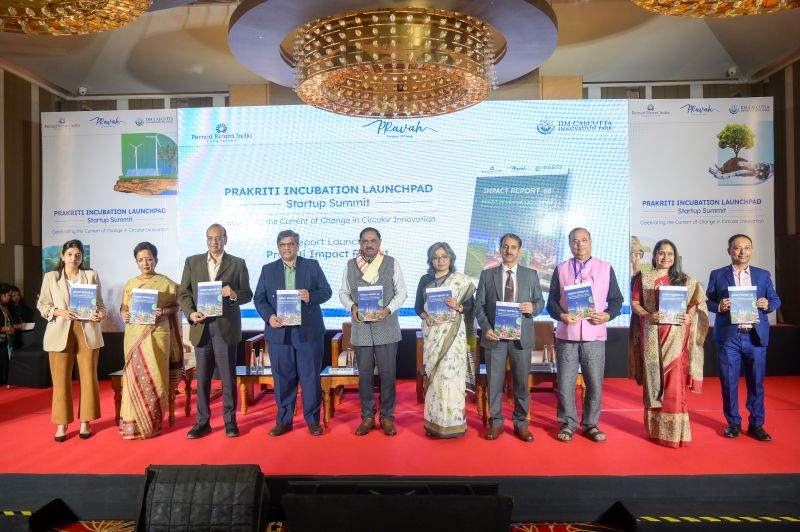
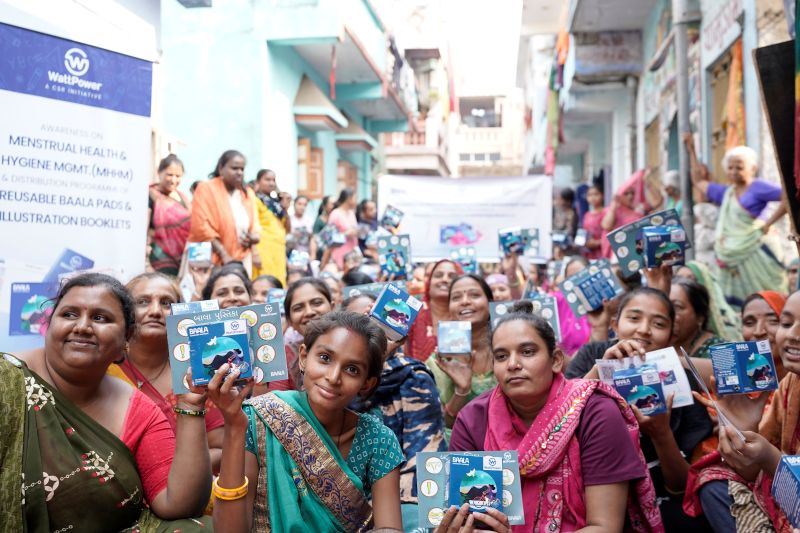
.jpg)








